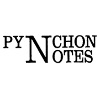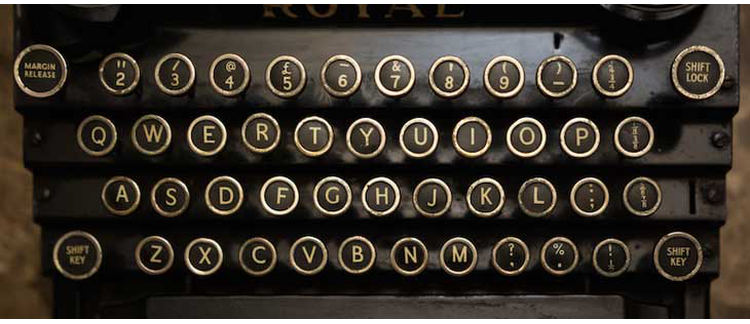Abstract
After citing Derrida and Foucault on the ways what used to be called human has been redefined by the poststructuralist camp, and following their iconic statements with those of William Spanos, Paul Bove, and Thomas Docherty, to name a few, Dwight Eddins aligns his own name with those of Alan Wilde and John Fekete in the attempt to rediscover the humane in the human. Here the subject to be rescued by this revisionary Counterforce is Thomas Pynchon, and The Gnostic Pynchon mounts a campaign in which "the Pynchon whose world-view is suffused by acute nostalgia for vanished foundations and values" is united with "the Pynchon whose field of vision seems occupied with discontinuities and absurdities that threaten our sense of a comprehensible, mappable, even affirmable existence" (xi). At the same time, and with his own scholarly credentials as worthy weapons, Eddins also joins the Pynchon whose immersion in popular culture makes him at home at any beer blast to the Pynchon whose affinity for high modernist allusion would make him welcome at a Bloomsbury tea party. The result of both missions undertaken by this very accomplished, very well-researched, and–quite simply–very smart book is to situate this most contemporary of authors within a long-range literary tradition and to propose a "unified field theory" (xi) to account for an "encyclopedic" writer (to recall Edward Mendelson's early description) in a manner that is inclusive rather than exclusive.
How to Cite:
Olster, S., (1990) “Rediscovering the Humane in the Human”, Pynchon Notes , 163-166. doi: https://doi.org/10.16995/pn.283
Downloads:
Download PDF

